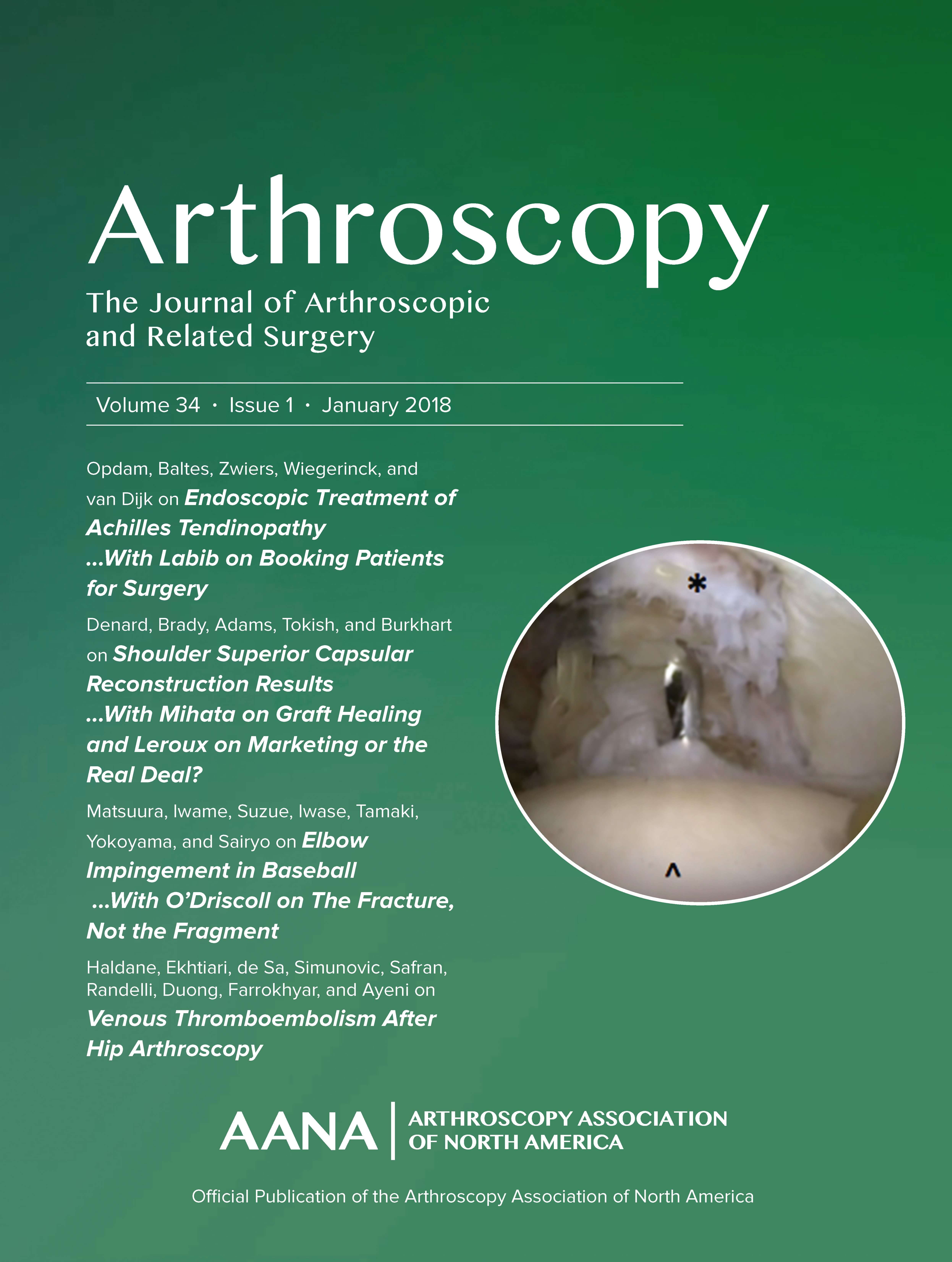
Early versus delayed anterior cruciate ligament reconstruction .
This report has been verified
by one or more authors of the
original publication.
Timing of surgery of the anterior cruciate ligament
Arthroscopy. 2013 Nov;29(11):1863-71Data from 22 articles (10 RCTs) spanning 3,583 patients was systematically reviewed to determine whether delayed anterior cruciate ligament (ACL) reconstruction produced more meniscal and chondral pathologies, contributing to an increased risk of osteoarthritis, when compared to early reconstruction. The analysis of the appropriate literature revealed that substantial variability existed between included studies in terms of study design, methodology, surgical technique involved, and outcome measurements. In particular, the definition of delayed and early intervention was not similar between studies. Eight articles supported early reconstruction, while the majority of the evidence demonstrated no difference in outcome based on the timing of surgery.
Unlock the Full ACE Report
You have access to 4 more FREE articles this month.
Click below to unlock and view this ACE Reports
Unlock Now
Critical appraisals of the latest, high-impact randomized controlled trials and systematic reviews in orthopaedics
Access to OrthoEvidence podcast content, including collaborations with the Journal of Bone and Joint Surgery, interviews with internationally recognized surgeons, and roundtable discussions on orthopaedic news and topics
Subscription to The Pulse, a twice-weekly evidence-based newsletter designed to help you make better clinical decisions
Exclusive access to original content articles, including in-house systematic reviews, and articles on health research methods and hot orthopaedic topics

































































